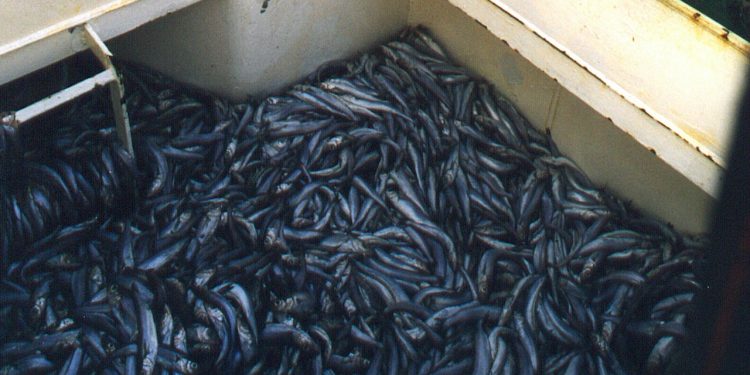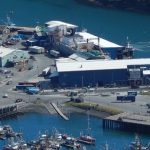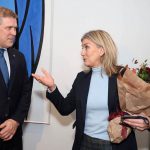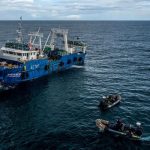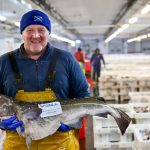The clock has started ticking on a three-year countdown to certification-ready blue whiting fisheries – which lost MSC certification in December 2020.
The North Atlantic Pelagic Advocacy Group (NAPA) announced the launch of an innovative ‘policy FIP’ – designed to drive political will for co-operative decision-making and secure sustainable management for blue whiting. The FIP covers blue whiting in the NE Atlantic (FAO area 27), subareas 1–9, 12, and 14 (Northeast Atlantic and adjacent waters).
MSC certification for blue whiting fisheries in these areas was withdrawn in December 2020 due to ongoing disagreements between Coastal States – which in turn led to unilateral quotas being set and ICES data indicates that there is a 30% overshoot of the agreed 2021 TAC.
According to NAPA, a grouping of retailers and other businesses pushing for cohesive and responsible fisheries management, this is an unacceptable threat to the sustainability of these products, and one which has major implications for the purchasing decisions of the market.
The latest ICES advice recommends that the 2022 catch for blue whiting should not exceed 752,736 tonnes – a 19% reduction from the 2021 catch advice, and a 39% reduction from the 2021 catch estimate.
The current situation is having major implications for businesses. Blue whiting lost MarinTrust certification, which is conditional on MSC certification. The knock-on effect on this fishery’s biggest customer, the salmon aquaculture sector, is a significant step back in responsible business practice and this has implications for retailer and foodservice companies, as well as consumers, who increasingly expect the whole chain of production to be certified as sustainable.
‘Cargill welcomes the launch of this important FIP for blue whiting in conjunction with those on herring and mackerel in the North East Atlantic. It’s imperative for aquaculture to be part of a supply chain which carefully and diligently maintains the sustainability of the fisheries through good governance, management and fishing activities,’ said Helen Ziv-Douki, president of aquaculture feed producer Cargill’s aqua nutrition business, for which blue whiting is a key raw material.
‘We have made commitments to our customers and consumers to provide ethical, sustainable products – and NAPA’s comprehensive FIPs will drive sustainable supplies of marine ingredients. We appreciate the joint efforts of our suppliers and partners on this industry-wide challenge.’
The policy FIP is a concept designed, scoped and executed by NAPA to drive sustainability in blue whiting fisheries. Using the framework of a traditional, science-based FIP as a guide for driving policy and political action towards the desired, sustainable outcome. Should no improvements be made then individual NAPA members will review their individual purchasing decisions.
NAPA members are currently publishing ‘sourcing statements’ setting out clearly the consequences of failure.
‘We are calling on the North East Atlantic Fisheries Commission (NEAFC) Coastal States to agree quotas in line with scientific advice and implement a long-term science-based management plan for blue whiting. … Should progress falter, or the FIP fail, we will continue our stand to not source fishmeal containing uncertified blue whiting,’ stated a spokesperson for Skretting Norway, a NAPA member and another major customer for blue whiting.

